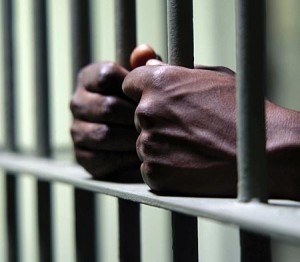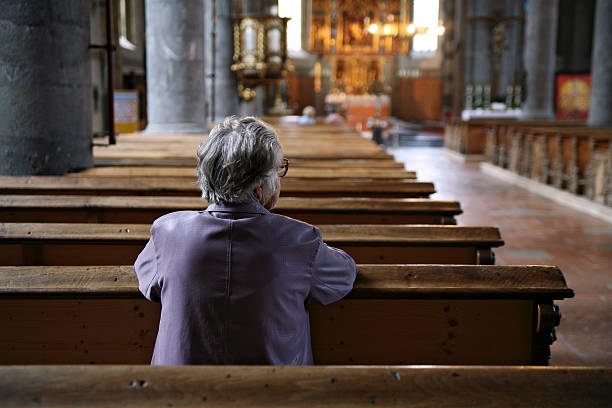(ThyBlackMan.com) The NAACP Legal Defense Fund will argue in an appeals court in San Francisco today that the state of Washington’s denial of voting rights to convicted felons is rooted in discrimination…
The most fundamental political right in our society is the right to vote. Today (Sept. 21) the U.S. Court of Appeals for the 9th Circuit in San Francisco will hear arguments in a case (Farrakhan v. Gregoire) that accuses the state of Washington of stripping that fundamental political right from citizens in a racially discriminatory manner. The provision in the state constitution that accomplished this appears neutral; in operation, however, its discriminatory effect is not disputed.
Like many states, Washington disfranchises people convicted of felonies. But what makes Washington exceptional is the presence of substantial racial bias in Washington’s criminal justice system. The key fact in this case, one that  the state has never denied, is that racial minorities are treated differently than are similarly situated whites at every stage of Washington’s criminal justice system — from stops and arrests, to charging and prosecution, to sentencing and incarceration.
the state has never denied, is that racial minorities are treated differently than are similarly situated whites at every stage of Washington’s criminal justice system — from stops and arrests, to charging and prosecution, to sentencing and incarceration.
African Americans, Latinos and Native Americans represent only 12 percent of Washington’s population, but they constitute 36 percent of the state’s incarcerated population. Even after controlling for variables such as seriousness of offense, defendants’ criminal histories and various aggravating factors (for example, the use of a weapon in the commission of a crime), there are substantial racial disparities evident in Washington’s criminal justice system that can be explained only by systemic racial discrimination:
* Racial profiling. Native Americans are more than twice as likely as whites to be searched, while blacks and Latinos are, respectively, 70 percent and 50 percent more likely than whites to be searched.
* Prosecution. In King County, where Seattle is located, whites who are arrested are significantly less likely to have charges filed against them than are minority arrestees.
* Length of confinement. A statistical analysis revealed that prosecutors recommend that black defendants spend approximately 50 percent more time in prison than white defendants convicted of the exact same crime. In addition, black defendants are 75 percent less likely than whites to be recommended for an alternative, non-incarceration sentence. These differences persist, even when factors such as the criminal history of the offender are taken into account.
* Incarceration. A black person in Washington is more than nine times more likely to be in prison than a white person. This disparity can be attributed in part to crime rates, but only a small part. The ratio of black-to-white arrests for violent offenses (which are the crimes involving the least amount of police and prosecutorial discretion) is only 3.72 to 1. In other words, differences in rates of criminal activity cannot account for the vast racial disparities in incarceration rates.
The trial judge hearing this case wrote that the record demonstrated “uncontested,” “compelling” and “persuasive” evidence of racial bias, and concluded that there could be “no doubt that members of racial minorities have experienced discrimination in Washington’s criminal justice system.”
As early as the 1980s, the Washington State Legislature was aware that Washington led the nation in racially disproportionate incarceration rates, having commissioned its own study on these issues. The state of Washington did not contest any of these facts before the trial court.
The federal Voting Rights Act provides that a state may not deny its citizens the right to vote on the basis of race. Washington, however, strips the right to vote from people upon conviction of a felony, despite knowing that the process that leads to those convictions is tainted by racial discrimination.
The plaintiffs in this lawsuit have never objected to the right of states to disfranchise individuals for certain criminal offenses. Nor have they argued that racially disproportionate outcomes are, by themselves, enough to demonstrate a violation of federal law.
But what the evidence shows is that the racial disparities in Washington’s criminal justice system do not reflect actual rates of participation in criminal activity, but rather are attributable to racial bias. As a panel of the Federal Court of Appeals concluded earlier this year, the Voting Rights Act “demands that such racial discrimination not spread to the ballot box.” The 9th Circuit should affirm this basic principle: that racial discrimination should play no role in determining who may exercise the most precious right that a citizen has in our democracy.
Written By John Payton
















Leave a Reply